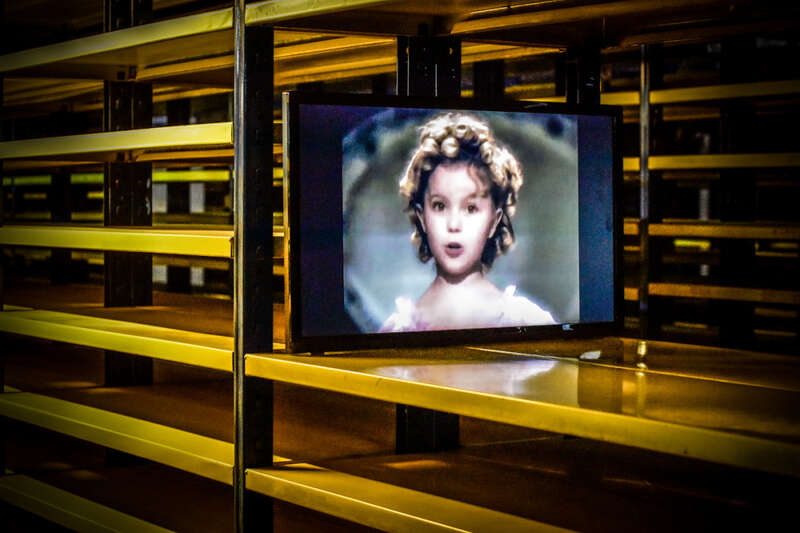Three artists show up in three separate short ‘home videos’ and discuss issues of uncertainty. All three of them are part of Trigger #2: Uncertainty. Here they give new insights in their different photographic and film practices on the occasion of FOMU’s Online Festival ‘Uncertainty’ (3 – 6 December, 2020).
Hoda Afshar’s last project deals with ‘agonistes’, the struggling 'truth tellers' represented by today's whistleblowers who find themselves in vulnerable and uncertain conditions in the context of globalisation. She talks about how she met these different people in an Australian context, and shares with us the choices she makes in the editing process of her series and video. Afshar's artist contribution in Trigger nr.2 is accompanied by an essay by academic whistleblower scholar Wim Vandekerckhove.
Saddie Choua’s video-installations often occupy ‘uncomfortable’ places in which she questions suppressing power relations and unmasks the exoticism of dominant media coverage. She discusses her confrontational multidisciplinary work in the making of her meta-soap series 'The Chouas' and the film on the Moroccan sociologist Fatima Mernissi. Choua's work is discussed in Trigger nr.2 by Petra Van Brabandt, 'Not (Safe) at Home. On Being Present in the Work of Saddie Choua'.
Liz Orton has an interest in feminist strategies that question the ethics, categorisation and gender roles in scientific evidences and archives. In her Trigger Head she shines a light on her work which deals with insurgencies in the archive, and tackles the relation between science and subjectivity. Orton's essay in Trigger nr.2, 'Re-Imagining Archival Evidence', discusses the archival photographic work of Regine Petersen, Sophy Rickett and Kate Morrell.
